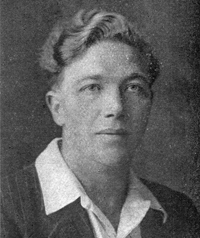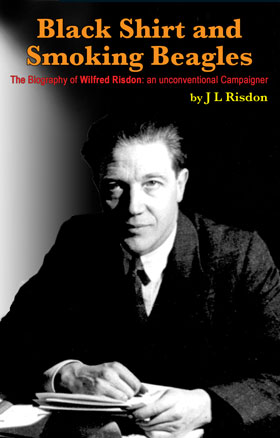Background
As is common with many people finding themselves in middle age, with somewhat more time to spare after the most demanding initial stages of raising a family, I developed in interest in my family’s history. As a child, family visits were somewhat tiresome necessities, more for parents’ benefit than children’s, but I did manage to retain some snippets of information that was inevitably discussed among older family members about ancestors at the time. When I later applied myself to the research in a systematic way, I concentrated on my male line, the Risdon name, and was able to accumulate a fair amount of material to take this back to 1803, which doesn’t sound very far, but that encompasses 5 generations before me, and official records are somewhat patchy before 1837; I was very lucky to encounter a few ‘old hands’ who were most helpful, both in general and specifically with my name. For more details, please check out my Personal pages.
Having reached something of an impasse however, I decided to print a short template questionnaire, which I sent out speculatively to as many of the addresses as seemed viable from a book published by one of the many companies that were set up in the 1980s to capitalise on the boom in family history research. I was quite gratified by how many replies I received, using the expedient incentive of a stamped self-addressed envelope; however, I was also somewhat disappointed that several potential contacts, who were suggested by family anecdotal information, did not reply. However, one gentleman, who turned out to be a direct relative, then living in Weston super Mare, Somerset, did reply, and set me on what could be described without hyperbole as a fateful course. Leonard Risdon was my grandfather’s nephew, and we began corresponding (this was long before the widespread use of email). He told me of another relative, his uncle (so my grandfather’s younger brother, hence my grand uncle), Wilfred Risdon, who had attained some notoriety in the family, thereby qualifying him as the proverbial ‘black sheep’, of whom all familes seem to have at least one.
Unfortunately, Wilfred Risdon died in 1967, when I was only 12 years old, so although it would have been physically possible to meet him, the opportunity never arose, which is probably more the result of a combination of the aforementioned dubious (whether undeserved or not) reputation, and my family’s (although also probably not uncommon, to be fair) somewhat parochial attitude to visiting relatives, than the fact that he had lived in London, only 100 miles, give or take, from where I lived, but still a not inconsiderable obstacle in the straitened postwar years, for all of my parents’ adult lives. I am not aware that he ever visited any of my close family in the provinces (although his grandson, Gary, from Toronto, does relate in the book {see below} that Wilfred and his wife did visit Cornwall in the early 1960s), but he probably considered, with some justification it has to be said, that he might not have been welcome; my grandfather certainly knew about him (about which I discovered quite a lot in the course of my research), and would have had his own views, but I am given to understand that Wilfred was regarded as something of an embarrassment by his close relatives. Of course, all this, and the fact that Len (as he was generally known) mentioned to me early on that Wilfred had worked with Oswald Mosley in the British Union of Fascists, and had gone on to rise to the very top in the administration of the National Anti-Vivisection Society, only served to make him for me a suitable case for further investigation!
At first, I wasn’t sure what sort of ‘end product’ I wanted, but I focused my family history research almost exclusively on Wilfred, and I was pleasantly surprised at how many sources of information there were about him, which led me to suppose that he must have been relatively well-known, in his own lifetime, at least, certainly in the circles in which he moved. My research was given something of a boost in 1999, when I saw in the monthly magazine to which I then subscribed, an invitation to submit details of potentially ‘interesting’ ancestors, for a series of programmes the BBC was planning to show to mark the turn of the millenium in 2000. I sent in details of Wilfred and my great great grandfather, Edward Risdon, something of a bad lot himself, who committed suicide rather gruesomely in 1862. The researchers chose Wilfred, obviously because of the association with one of the, if not the, major taboos of the 20th century, Fascism.


